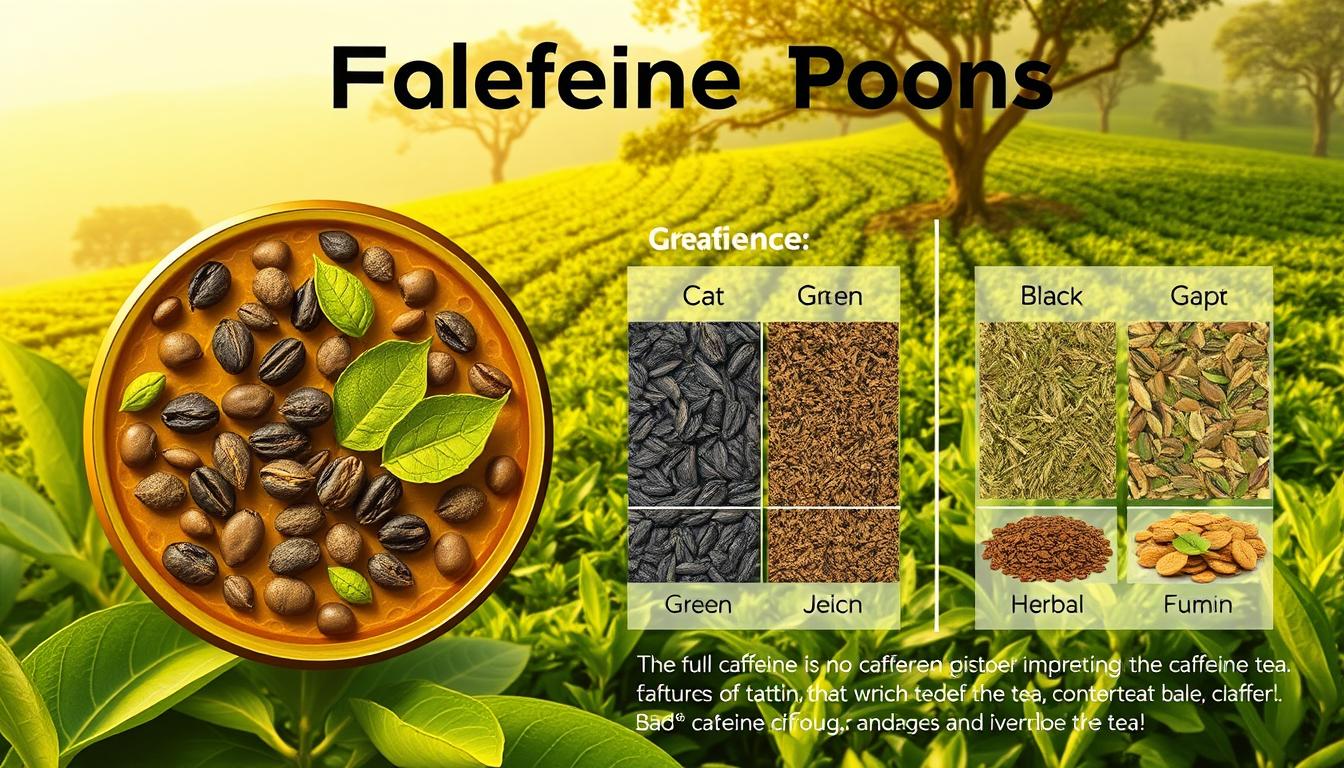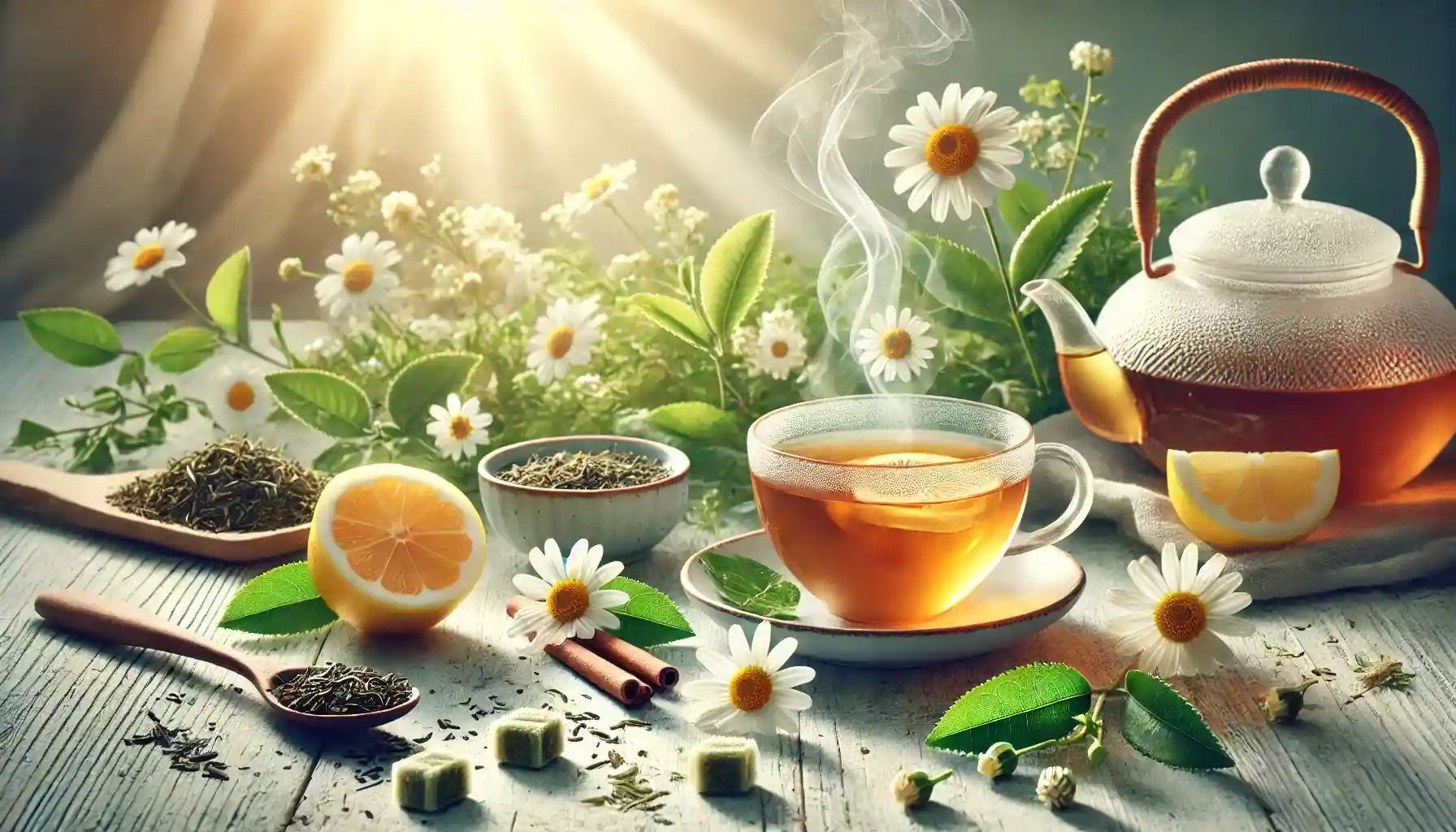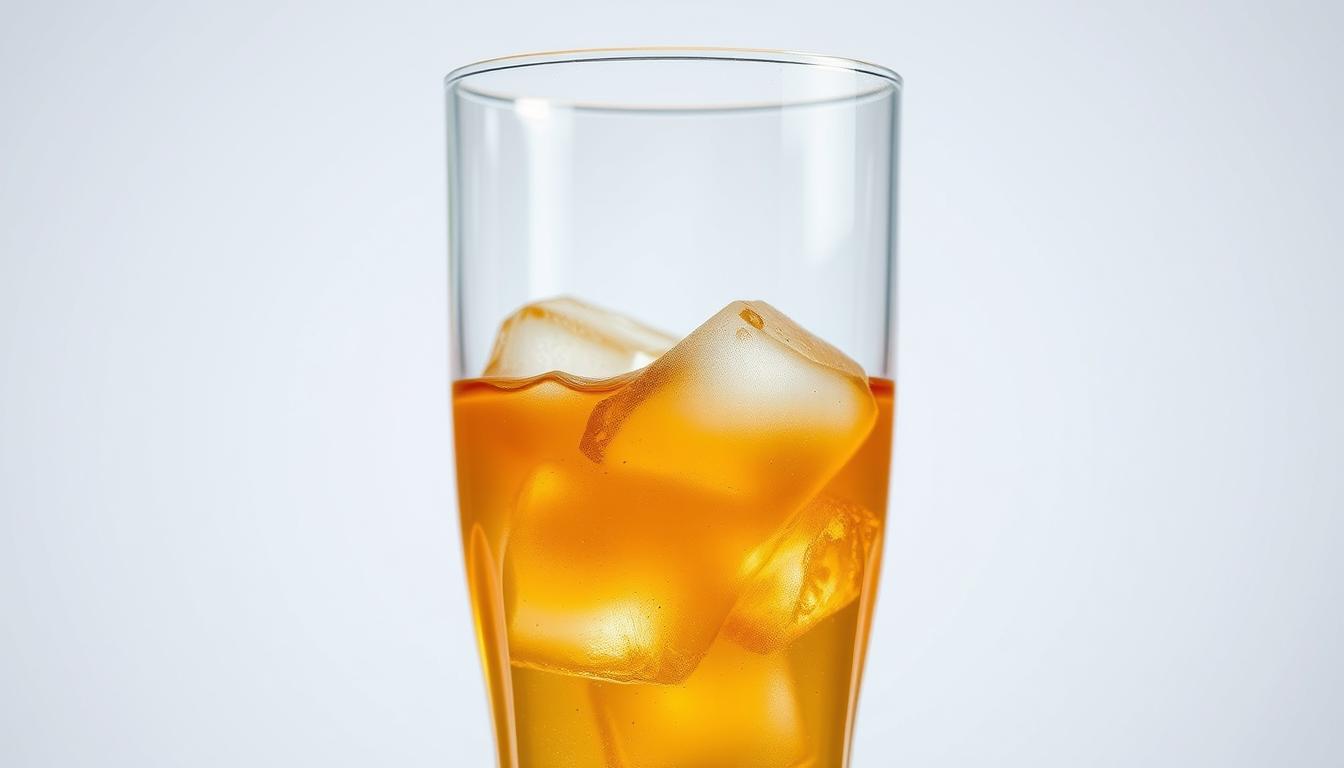Did you know that tea is the second most consumed beverage in the world, right after water? This popular drink comes in countless varieties, from hot to iced, and is enjoyed by millions daily. One common question many people ask is about the caffeine content in unsweet tea. Whether you prefer it with a slice of lemon or straight from the bottle, understanding what’s in your cup can help you make informed choices.
Unsweet tea, often served as a refreshing drink, is known for its low-calorie profile. However, it’s not just about the lack of sugar. Many wonder if this beverage still carries caffeine. The answer lies in the type of tea used. For example, black tea naturally contains caffeine, while herbal blends might not. This article dives into the facts, exploring the caffeine levels in unsweet tea and how it fits into your daily routine.
From cultural traditions to nutritional facts, we’ll break down everything you need to know. Whether you’re sipping on iced tea during a hot day or enjoying a warm cup in the morning, understanding the caffeine content can help you enjoy your beverage even more.
Key Takeaways
- Unsweet tea is a low-calorie beverage enjoyed in many cultures.
- Caffeine content varies depending on the type of tea used.
- Black tea naturally contains caffeine, while herbal teas may not.
- Understanding caffeine levels can help you make informed choices.
- This article explores both scientific and cultural aspects of tea.
Does unsweet tea have caffeine: The Facts
Unsweet tea has a rich history that spans centuries. Originating in Asia, it was traditionally consumed as a hot beverage. Over time, it evolved into a chilled, refreshing drink enjoyed worldwide. Today, it’s a staple in many diets, known for its low-calorie profile and natural flavors.

Understanding Unsweet Tea and Its Origins
Unsweet tea’s roots trace back to ancient tea-drinking practices. In countries like China and Japan, tea was valued for its health benefits and cultural significance. As it spread globally, it adapted to local tastes, becoming a popular choice for those seeking a sugar-free beverage.
Caffeine Content in Different Tea Types
Caffeine is naturally present in tea leaves, regardless of added sugars. The amount varies by type:
- Black tea: Contains the highest caffeine levels, averaging 40-70 mg per cup.
- Green tea: Offers a moderate amount, around 20-45 mg per serving.
- White tea: Has slightly less, typically 15-30 mg per cup.
- Herbal tea: Usually caffeine-free, making it a great alternative.
Scientific Findings and Regulatory Guidelines
Studies from the Journal of Food Biochemistry highlight how brewing time and temperature affect caffeine extraction. The U.S. FDA allows beverages with minimal calories, like chamomile tea (2 calories per cup), to be labeled as “zero-calorie.”
| Tea Type | Caffeine Content (per cup) |
|---|---|
| Black Tea | 40-70 mg |
| Green Tea | 20-45 mg |
| White Tea | 15-30 mg |
| Herbal Tea | 0 mg |
Understanding these details helps you make informed choices about your daily beverage intake. Whether you’re sipping a hot cup or enjoying a chilled bottle, knowing the caffeine content ensures you stay in control.
Health Benefits and Caffeine Considerations
Tea is a versatile drink that fits into various lifestyles and diets. Beyond its refreshing flavor, it offers numerous health benefits. Whether you prefer it hot or iced, this beverage can be a great addition to your daily routine. Let’s explore its nutritional advantages and how caffeine plays a role in your health.

Nutritional Benefits and Low-Calorie Profile
One of the standout features of tea is its low-calorie nature. A typical cup contains minimal calories, making it an excellent choice for those managing their weight. It’s also rich in antioxidants, which help protect your cells from damage.
Research from the Journal of Food Biochemistry highlights that tea can stabilize blood-glucose levels. This makes it a smart option for individuals monitoring their sugar intake. Additionally, its natural ingredients support overall well-being.
Here are some key benefits:
- Supports a healthy diet and weight loss efforts.
- Provides essential nutrients without added sugar.
- Enhances hydration while offering a flavorful experience.
Impact of Caffeine on Sleep and Alertness
Caffeine is a natural component found in many types of tea. While it can boost alertness, it may also affect sleep quality for some individuals. Black tea, for example, contains a moderate amount that can lead to restlessness if consumed late in the day.
For those sensitive to caffeine, herbal teas are a great alternative. They offer the same rich flavor without the stimulating effects. If you enjoy caffeinated varieties, consider limiting your intake to mornings or early afternoons.
Here are some practical tips:
- Choose naturally caffeine-free options like chamomile or peppermint.
- Monitor your daily intake to avoid sleep disturbances.
- Consult with a healthcare provider if you have concerns about caffeine sensitivity.
By understanding the balance between health benefits and caffeine considerations, you can enjoy tea as part of a balanced lifestyle. Whether you’re sipping it for its flavor or its nutritional perks, this beverage has something to offer everyone.
Comparing Caffeine Levels in Iced Tea and Other Beverages
When it comes to caffeine, not all beverages are created equal. From iced tea to coffee, energy drinks, and soft drinks, the amount of caffeine can vary widely. Understanding these differences helps you make informed choices about what you drink throughout the day.
Caffeine in Popular Iced Tea Brands and Products
Iced tea is a refreshing choice, but its caffeine content depends on the brand and type. For example, Snapple Iced Tea contains around 18 mg of caffeine per 8-ounce serving. Arizona Iced Tea, on the other hand, has about 15 mg per 8 ounces. Lipton Brisk Lemon Iced Tea offers a slightly higher amount, with 23 mg per serving.
Here’s a quick comparison of popular iced tea brands:
- Snapple Iced Tea: 18 mg per 8 oz
- Arizona Iced Tea: 15 mg per 8 oz
- Lipton Brisk Lemon Iced Tea: 23 mg per 8 oz
Contrasting with Coffee, Energy Drinks, and Soft Drinks
Coffee is known for its high caffeine levels. A standard 8-ounce cup of drip coffee contains 95 mg, while espresso packs 63 mg per shot. Energy drinks like Monster Energy and Red Bull range from 80 mg to 160 mg per can. Soft drinks, such as cola, typically have around 34 mg per 12-ounce serving.
Here’s how these beverages stack up:
- Drip Coffee: 95 mg per 8 oz
- Espresso: 63 mg per shot
- Monster Energy: 160 mg per 16 oz
- Cola: 34 mg per 12 oz
Decaffeinated Options and Natural Alternatives
For those looking to reduce caffeine intake, decaffeinated teas and herbal blends are excellent choices. Decaf black tea contains less than 5 mg per cup, while herbal teas like chamomile or peppermint are naturally caffeine-free. These options still provide the same great flavor without the stimulating effects.
Here are some caffeine-free alternatives:
- Decaf Black Tea: Less than 5 mg per cup
- Chamomile Tea: 0 mg
- Peppermint Tea: 0 mg
By understanding caffeine levels in your favorite drinks, you can make choices that align with your lifestyle and preferences. Whether you’re reaching for a bottle of iced tea or a cup of coffee, knowing the facts helps you stay in control.
Conclusion
Understanding the caffeine in your favorite drink can help you make smarter choices. While unsweet tea is low in calories and packed with antioxidants, it naturally contains caffeine. The amount varies by type, with black tea offering the highest levels and herbal blends being caffeine-free.
Compared to coffee or energy drinks, iced tea provides a moderate caffeine boost. However, it’s essential to check serving sizes and caffeine content to align with your preferences. For those sensitive to caffeine, decaf or herbal options are excellent alternatives.
By balancing flavor and health, you can enjoy your beverage without compromise. Whether you prefer a refreshing iced tea or a warm cup, staying informed ensures you make the best choice for your lifestyle.

